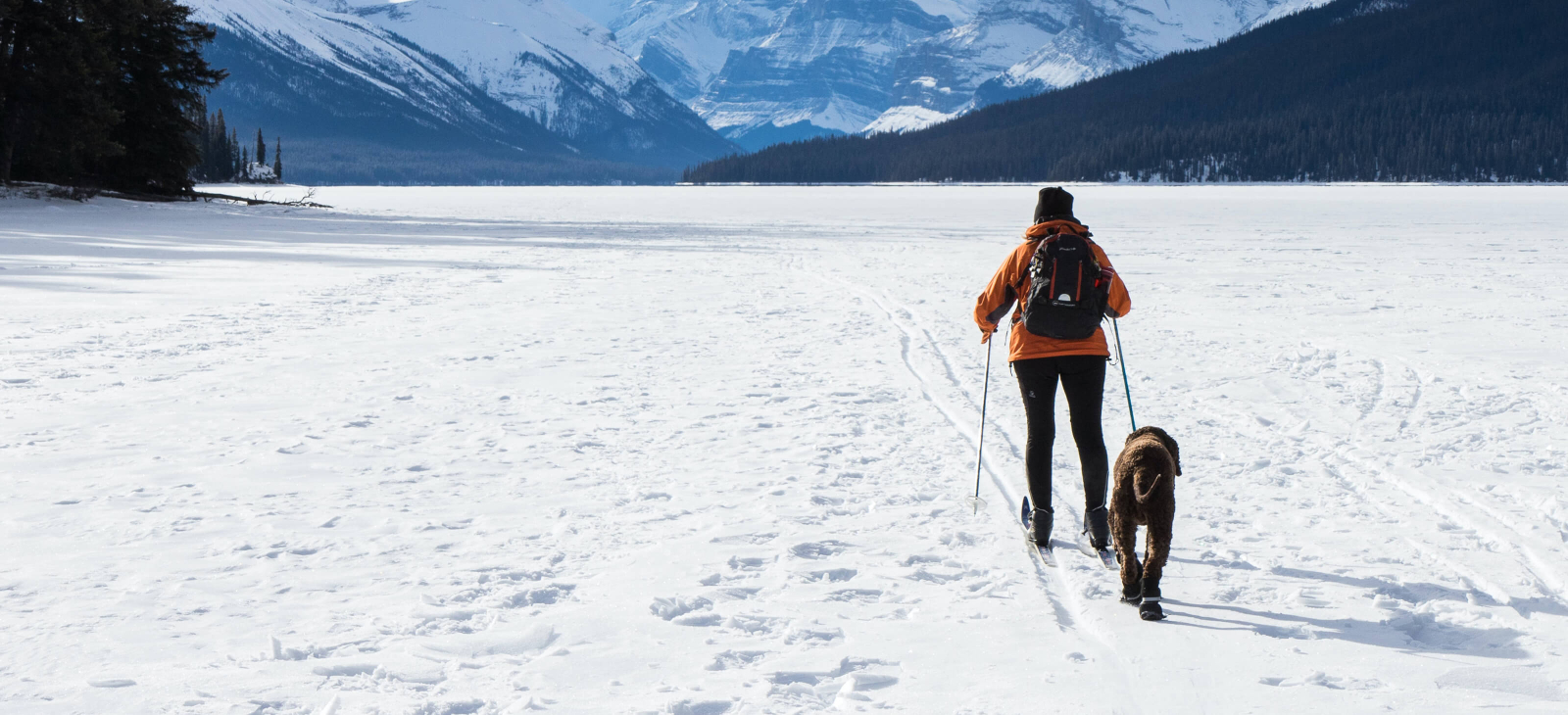
Navigating the Winter with an Autoimmune Disease
Winter is coming, brace yourself. While for many this means singing carols and enjoying the holiday lights, for those living with autoimmune diseases including type 1 diabetes, rheumatoid arthritis, multiple sclerosis, and lupus, it can mean a flurry of concerns. Painful freezing temperatures, slippery ice, and dreary dark days may make you want to hide until spring. Break the ice this winter with these tips to stay cozy and warm, prepare for snowy conditions, and maintain an active lifestyle despite the chill.

Stay Warm
Jack Frost nipping at your nose? Avoid a flare-up by bundling up!
- Many people with joint pain experience worse symptoms in the cold. Hot packs for your hands and warming shoe inserts can do wonders for sensitive fingers and toes.
- For those with rheumatoid arthritis, the Arthritis Foundation provides a free pain level predictor for the weather in your area, allowing you to plan for cold temperatures, rain, or low barometric pressure.
- It is important to make sure your medicine and devices stay warm and usable if you live with type 1 diabetes. Carry your device inside your clothes to keep your meter at a safe temperature, and bring back-up insulin in case your insulin freezes.
- The best way to bundle up and keep out the chill is by stacking lots of layers. Excess heat can be a trigger for multiple sclerosis and other autoimmune diseases, which makes loose layers perfect for regulating temperature as needed.

Stay Safe
The best defense is a good offense, so prepare early for any safety concerns caused by icy conditions.
- Colder temperatures can affect blood sugar in unpredictable ways, so test often if you have type 1 diabetes in case of an unexpected spike or low.
- To prevent skin irritation remember to wear sunblock even on cloudy days and wrap up with a scarf, especially if you live with lupus.
- Ensure that any mobility devices you use--such as a walker or wheelchair--are outfitted for ice, snow, and sleet to prevent a painful fall.
- Those living with autoimmune disease are more at risk for seasonal colds or cases of the flu. Flu shots are a great form of prevention, but avoid nasal sprays that have a live form of the virus.
- If depression is a symptom of your autoimmune disease, seasonal affective disorder may intensify those symptoms. Consider light therapy or vitamin D supplements to ease the effects.

Stay Active
Get outside the house and start moving to beat the winter blues and reduce your aches and pains.
- Try a low-impact winter sport, like cross-country skiing or snowshoeing, if traditional winter activities are too hard on your joints.
- Don’t miss out on traditions with family and friends. Call ahead to ask which local ice skating rinks and hiking trails in your community are wheelchair accessible.
- Always warm up and cool down when working out to loosen your muscles and joints. Plan a rest period before you get tired to prevent exhaustion or injury.
- Stay out of the cold with indoor exercises, such as a dance, barre, or spin class.
- You can stay active during the winter without even realizing it. Shoveling snow for 10 minutes, gift shopping for 20 minutes, or putting up holiday lights for 30 minutes all burn 100 calories.
If winter has you feeling snowed under, use these tips to make the most of the season!
The information provided in this post should not be taken as a substitute for professional medical advice. Always check in with your doctor to make sure you’re following the right precautions and planning according to your health needs.
Immuno-what? Hear the latest from BRI
Keep up to date on our latest research, new clinical trials and exciting publications.


